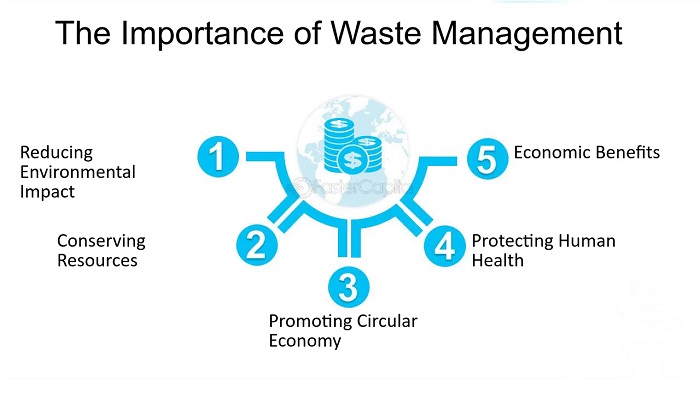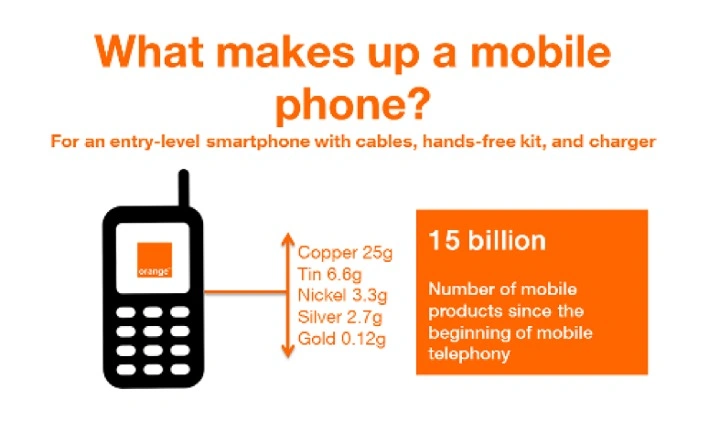In today’s world, where environmental concerns are at the forefront of public consciousness, waste management has become a critical issue. Proper disposal of waste is essential to safeguarding our environment and public health. However, knowing where and how to dispose of different types of waste can be challenging. That’s where waste management phone numbers come in handy. In this comprehensive guide, we’ll delve into everything you need to know about waste management phone numbers, including their importance, how to find them, and tips for responsible waste disposal.
Importance of Waste Management Phone Numbers

Waste management phone numbers play a crucial role in ensuring that waste is disposed of safely and responsibly. These numbers connect individuals and businesses with waste management facilities, collection services, and recycling centers. By providing access to expert advice and assistance, waste management phone numbers help prevent improper disposal, which can lead to pollution, environmental damage, and health hazards.
How to Find Waste Management Phone Numbers
Finding waste management phone numbers is easier than ever, thanks to the internet and dedicated government hotlines. Here are some ways to locate waste management phone numbers:
- Local Government Websites: Many local governments provide waste management information, including phone numbers, on their official websites.
- Waste Collection Companies: Contact waste collection companies in your area to inquire about their services and disposal guidelines.
- Environmental Agencies: State or regional environmental agencies often maintain databases of waste management facilities and contact information.
- Recycling Centers: Local recycling centers may offer information on waste disposal options and provide contact details for further assistance.
Types of Waste and Their Disposal Methods:
Household Waste:
- General household waste, such as food scraps, packaging materials, and non-recyclable plastics, can often be disposed of through regular curbside collection services.
- Contact your local waste management authority for guidelines on proper disposal and recycling of household waste.
Hazardous Waste:
- Hazardous waste, including chemicals, batteries, and certain electronic devices, requires special handling due to its potential environmental and health risks.
- Dispose of hazardous waste at designated collection sites or through specialized disposal services.
- Never dispose of hazardous waste in regular trash bins or pour it down drains.
Electronic Waste:
- Electronic waste, or e-waste, encompasses obsolete or broken electronic devices like computers, cell phones, and televisions.
- Many communities offer e-waste recycling programs or collection events.
- Check with local recycling centers or electronics retailers for options to recycle electronic devices responsibly.
Construction Waste:
- Construction waste, such as debris from demolition or renovation projects, should be properly managed to minimize environmental impact.
- Segregate construction waste by material type for recycling or proper disposal.
- Consult waste management authorities or construction waste disposal companies for guidance on handling large quantities of construction debris.
Tips for Responsible Waste Disposal
Reduce, Reuse, Recycle:
- Embrace the principles of reduce, reuse, and recycle to minimize waste generation and conserve resources.
- Choose reusable products, reduce packaging waste, and recycle materials whenever possible.
Proper Segregation:
- Separate different types of waste at the source to facilitate recycling and proper disposal.
- Use designated bins or containers for recyclables, organic waste, and non-recyclable materials.
Composting:
- Composting organic waste, such as food scraps and yard trimmings, reduces the amount of waste sent to landfills and produces nutrient-rich compost for gardens.
- Set up a composting system at home or inquire about community composting programs.
Hazardous Waste Disposal:
- Handle hazardous waste with care and follow all safety precautions when disposing of chemicals, batteries, and other potentially harmful materials.
- Utilize designated collection sites or hazardous waste disposal services to ensure proper treatment and disposal.
Waste management phone numbers serve as valuable resources for individuals and businesses seeking guidance on responsible waste disposal. By connecting people with the information and services they need, these phone numbers play a crucial role in safeguarding the environment and public health. Remember to research local waste management options, follow proper disposal guidelines, and prioritize waste reduction efforts to minimize your environmental footprint. Together, we can work towards a cleaner, healthier planet for future generations.
In conclusion, waste management phone numbers are essential tools for promoting responsible waste disposal and environmental stewardship. By utilizing these resources and adopting sustainable waste management practices, we can all contribute to a cleaner, healthier planet.


